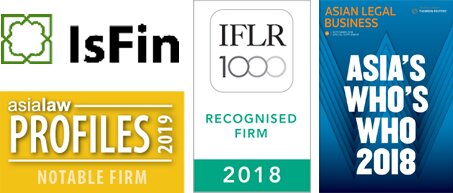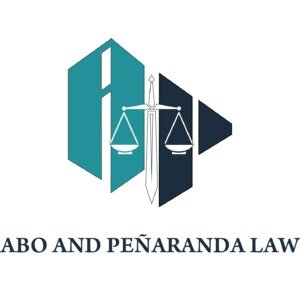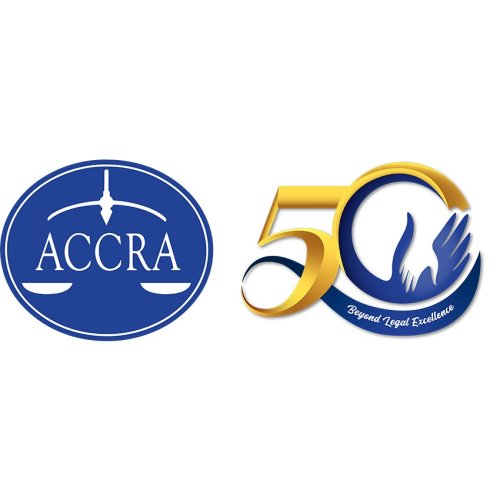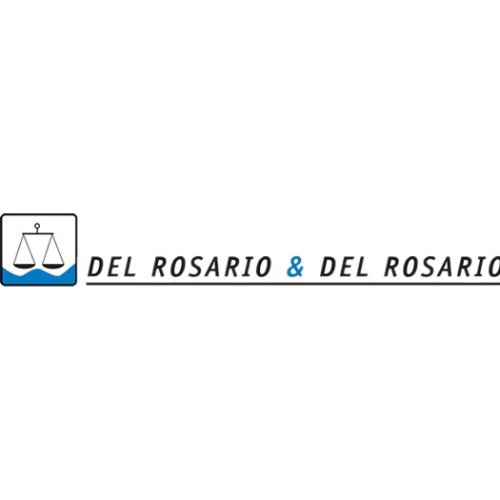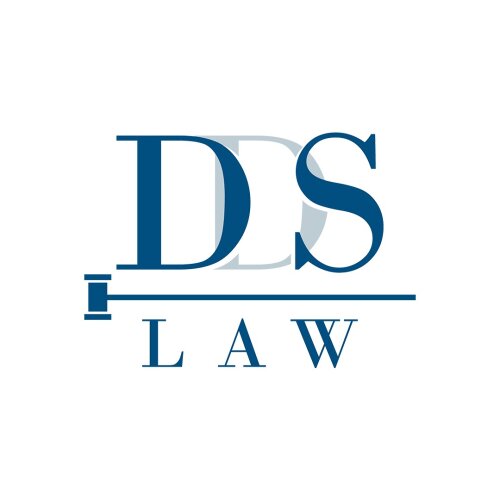Best Sanctions & Export Controls Lawyers in Taguig
Share your needs with us, get contacted by law firms.
Free. Takes 2 min.
List of the best lawyers in Taguig, Philippines
About Sanctions & Export Controls Law in Taguig, Philippines
Sanctions & Export Controls are key legal frameworks designed to regulate the transfer, export, and use of certain goods, technologies, and services with implications for national security, foreign policy, and compliance with international agreements. In Taguig, Philippines, these regulations not only stem from national laws but also follow international commitments and United Nations Security Council sanctions. As a prime business and economic hub, Taguig is home to many multinational corporations and industries frequently involved in cross-border transactions. Understanding Sanctions & Export Controls helps businesses and individuals avoid legal violations and maintain good standing both locally and globally.
Why You May Need a Lawyer
Navigating Sanctions & Export Controls laws can be complex and the risks of non-compliance are significant. You may need a lawyer in Taguig, Philippines, for several reasons:
- If your company imports or exports goods, technologies, or services that might be subject to restrictions
- When starting a new business with cross-border operations involving sensitive items
- If you receive notices from the Bureau of Customs, Department of Trade and Industry, or other government bodies about potential violations
- To develop compliance programs and due diligence procedures
- When responding to investigations or enforcement actions
- If you are unsure about the classification or licensing requirements for your products
- To understand the impact of United Nations or country-specific sanctions on your business partnerships
- If you are dealing with contract disputes related to export controls or sanctions
Consulting a lawyer ensures that you understand the legal requirements, mitigate risks, and protect your business or personal interests.
Local Laws Overview
Sanctions & Export Controls in the Philippines are shaped by a combination of national statutes and administrative regulations, alongside international obligations. Key laws and regulations include:
- Philippine Strategic Trade Management Act (STMA) (Republic Act No. 10697) - This law establishes controls over the export, import, transit, transshipment, re-export, and trade of strategic goods such as military items, dual-use items, and software and technology that may be used for weapons of mass destruction.
- Bureau of Customs (BOC) Regulations - The BOC regulates cross-border movements of goods, enforces import and export restrictions, and works closely with other agencies to prevent smuggling of controlled items.
- Implementation of United Nations Sanctions - The Philippines implements UN Security Council Resolutions related to sanctions, affecting trade with certain countries, individuals, or entities.
- Anti-Terrorism Act (Republic Act No. 11479) - Includes measures for freezing assets or restricting business activities with designated individuals or entities associated with terrorism.
- Licensing and Permitting - Various agencies, such as the Department of Trade and Industry-Strategic Trade Management Office (DTI-STMO), issue licenses and monitor compliance related to import and export controls.
For businesses and individuals in Taguig, where many international companies are based, local implementation and adherence to these regulations is essential to operate legally and avoid severe penalties.
Frequently Asked Questions
What are sanctions and export controls?
Sanctions are legal restrictions imposed by the government on specific countries, individuals, or entities usually for reasons involving foreign policy, security, or upholding international commitments. Export controls regulate the transfer of strategic goods, software, and technology to prevent misuse or proliferation of weapons and protect national security.
What items are typically subject to export controls in the Philippines?
Items subject to export controls include military equipment, dual-use goods (items with both civilian and military uses), advanced technologies, chemicals, and items that can contribute to the development or delivery of weapons of mass destruction.
Who enforces export control laws in Taguig, Philippines?
Enforcement is carried out by the Bureau of Customs, Department of Trade and Industry-Strategic Trade Management Office, the Philippine National Police, and other relevant agencies depending on the nature of the goods involved.
Do I need an export license to send software or technology overseas?
It depends on the nature of the software or technology. If it falls under the category of strategic or controlled goods, you must apply for a license from the DTI-Strategic Trade Management Office.
Can companies in Taguig do business with entities in sanctioned countries?
Generally, business transactions with sanctioned countries or entities are restricted or prohibited. Violating sanctions can result in significant penalties, both for the company and responsible individuals.
What are the penalties for violating export controls or sanctions?
Penalties include significant fines, confiscation of goods, suspension of business operations, and possible criminal prosecution for responsible individuals. Reputational harm and loss of business licenses may also occur.
How can I know if my business is compliant with current regulations?
Regular compliance reviews, consultation with legal experts, and monitoring updates from the relevant government agencies are essential. Establishing internal controls and employee training also helps ensure compliance.
What steps should I take if I receive a government notice related to sanctions or export controls?
Contact a lawyer immediately to understand the notice, your rights, and obligations. Prompt legal advice can help resolve issues efficiently and prevent escalation.
Are there exceptions for humanitarian aid under sanctions laws?
Yes, exceptions may apply for humanitarian aid, food, or medical supplies, but these must generally be approved and documented according to specific procedures by the relevant authorities.
How often do sanctions and export control regulations change?
Regulations can change frequently, especially in response to international developments. Companies must stay updated through official government bulletins and by consulting legal professionals.
Additional Resources
If you require more guidance or official information on Sanctions & Export Controls in Taguig, consider the following resources:
- Department of Trade and Industry - Strategic Trade Management Office (DTI-STMO)
- Bureau of Customs (BOC)
- National Bureau of Investigation (NBI)
- Security and Exchange Commission (SEC)
- Philippine National Police - Anti-Cybercrime Group
- Taguig City Business Permits and Licensing Office (BPLO)
- United Nations Security Council Sanctions Committee
- International Chamber of Commerce - Philippines
These organizations can provide up-to-date information, application forms, and additional guidance relevant to your specific needs.
Next Steps
If you believe that you or your business activities may fall under Sanctions & Export Controls regulations:
- Document all relevant business activities, contracts, and transactions
- Review your products and services for potential controls or restrictions
- Contact a lawyer specializing in Sanctions & Export Controls, especially if you have received notices, are planning cross-border transactions, or require compliance advice
- Stay informed by subscribing to updates from government agencies listed above
- Implement internal compliance programs and staff training
Prompt action and professional legal guidance will help you understand your obligations, avoid violations, and ensure smooth business operations in Taguig, Philippines.
Lawzana helps you find the best lawyers and law firms in Taguig through a curated and pre-screened list of qualified legal professionals. Our platform offers rankings and detailed profiles of attorneys and law firms, allowing you to compare based on practice areas, including Sanctions & Export Controls, experience, and client feedback.
Each profile includes a description of the firm's areas of practice, client reviews, team members and partners, year of establishment, spoken languages, office locations, contact information, social media presence, and any published articles or resources. Most firms on our platform speak English and are experienced in both local and international legal matters.
Get a quote from top-rated law firms in Taguig, Philippines — quickly, securely, and without unnecessary hassle.
Disclaimer:
The information provided on this page is for general informational purposes only and does not constitute legal advice. While we strive to ensure the accuracy and relevance of the content, legal information may change over time, and interpretations of the law can vary. You should always consult with a qualified legal professional for advice specific to your situation.
We disclaim all liability for actions taken or not taken based on the content of this page. If you believe any information is incorrect or outdated, please contact us, and we will review and update it where appropriate.








